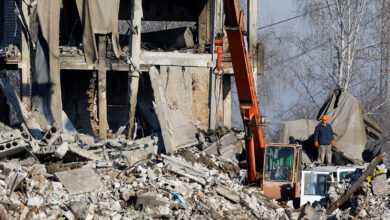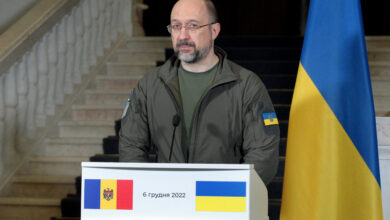Employees of the Public Transport Authority (PTA) in Cairo stepped up their strike on Sunday, announcing an all-out strike that would include all 34 PTA garages.
The announcement came after the failure of Cairo’s governor to meet their demands, which include granting a bonus equal to 100 months of pay, transferring control of the PTA to the Transport Ministry, improving working conditions for technical workers, improving medical services, and setting a timetable for the remaining demands.
Tarek Mohamed al-Sayed, the head of the delegation currently negotiating with the government, said they decided to go on strike after their meeting with Cairo Governor Abdel Qawi Khalifa failed.
He went on to say that months ago PTA officials had promised to implement the workers’ demands but had so far failed to do so.
He told Al-Masry Al-Youm that Khalifa “acknowledged the legitimacy of our demands” but said the matter was “not in his hands,” as it concerned the People's Assembly and the cabinet.
He added that strikers had planned to head to the People's Assembly and the cabinet building on Monday but that the death of Pope Shenouda III caused them to change their plans.
He explained that out of their “respect for the Pope’s significance and in order to share in the sorrows of our Coptic brothers” they will participate in the funeral procession on Tuesday and delay the rally to Wednesday.
Magdi Hassan, secretary of the Independent Union, told Al-Masry Al-Youm that the PTA “deliberately failed to respond to the workers’ demands”.
A number of workers told Al-Masry Al-Youm, “We seek to cleanse the Public Transport Authority of the corrupt officials by filing a number of complaints to the attorney general, State Council and Illicit Gains Authority.” They added by saying that the PTA’s laws and regulations were “unfair to workers.”
The workers accused PTA officials of stealing the worker’s bonuses, their insurance, subscription and advertising funds, and the value of mass transport line deals, not to mention the money earned from the selling of scrap material estimated at tens of millions of Egyptian pounds.
Translated from Al-Masry Al-Youm




